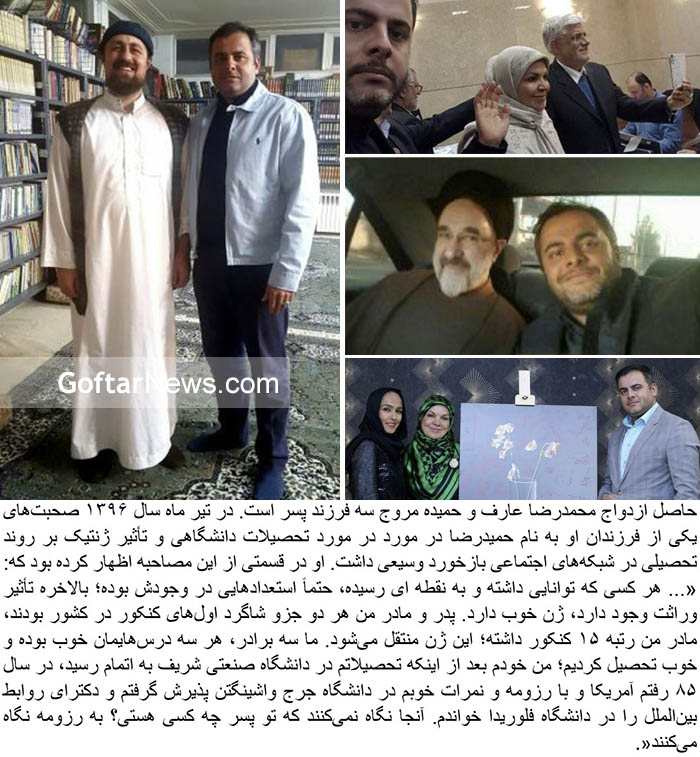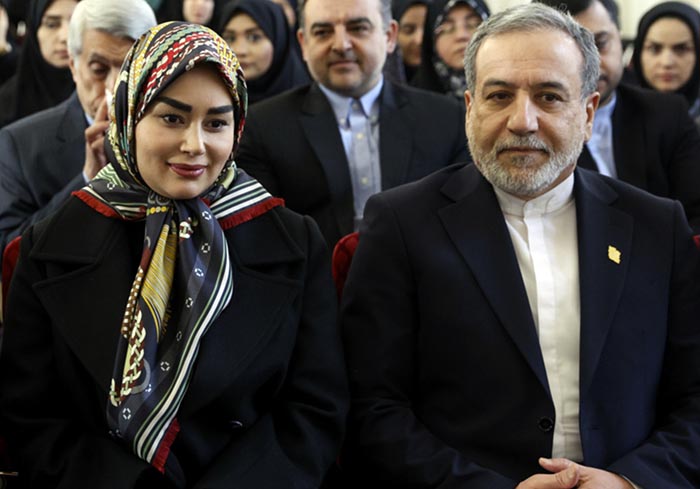Historic Appointment: Mohammad Reza Aref Named First Deputy of Iran’s 14th Government
An hour after the inauguration ceremony of Masoud Mezikian on Sunday, the 7th of August, Iranian media announced the historic appointment of Mohammad Reza Aref as the first deputy of the 14th government. This pivotal decision has sparked widespread attention and discussions across various platforms, as Aref’s political journey and achievements are well-acknowledged in Iranian history. Various media outlets have published the appointment order, highlighting Aref’s significant role in shaping the future of the country’s governance. Notably, Mohammad Reza Aref previously served as the first deputy of Mohammad Khatami, bringing a wealth of experience to his new role.
Early Political Career and Contributions
Born in 1951 in Yazd, Mohammad Reza Aref comes from a religious family. His father, Haj Mirza Ahmad Aref, was a notable figure in Yazd’s bazaar, which influenced Aref’s early exposure to both religious and commercial environments. Aref showed early promise in mathematics, mastering calculus at a young age and achieving top positions in national mathematics competitions. His academic prowess led him to study electrical engineering at the technical faculty of Tehran University.
During his university years, Aref was actively involved in holding religious meetings and was a prominent figure in student movements. In 1975, he was arrested by the joint anti-sabotage committee of SAVAK, the secret police, which marked a significant moment in his early political activism. Despite these challenges, Aref graduated with an impressive average of 3.91 out of 4, demonstrating his resilience and dedication to his studies.
In the same year, he received a scholarship from Isfahan University of Technology to study in America. He went on to obtain his master’s and doctorate degrees in telecommunication electricity from Stanford University under the supervision of Thomas M. Cover. His academic achievements abroad further solidified his expertise and commitment to advancing his knowledge and skills.





